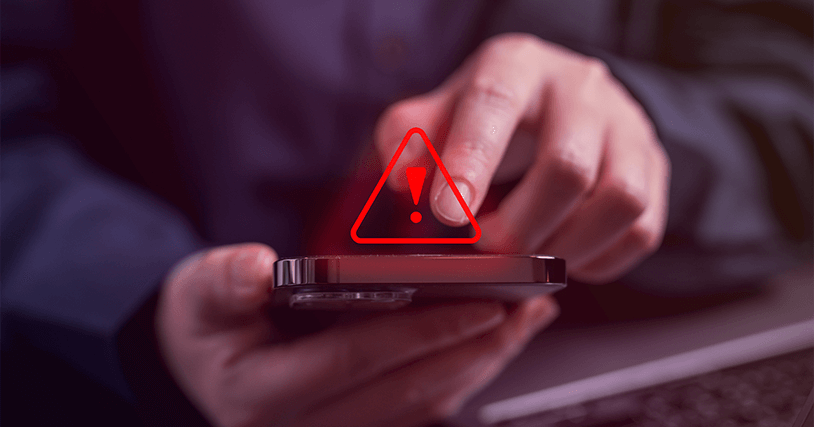
Zero-Day Attacks Are On The Rise
Cybercrime is a growing industry. Research by Statista revealed that three out of four companies in the United States were at risk of a significant cyberattack in 2023. The number of reported data breaches, leakage, and exposure in the U.S. rose to a record 3,205 cases in 2023.
Most breaches are zero-day attacks, which compromise devices before anyone is aware they are vulnerable. Zero-day vulnerabilities are unknown security flaws or bugs in software, firmware, or hardware that the vendor is unaware of or hasn’t yet issued an official patch to fix. Zero-day exploits are becoming more common as cybercriminals find more sophisticated ways to carry out their attacks. According to the Ponemon Institute, 80% of successful breaches are zero-day attacks.
In the midst of growing cybercrime, organizations are increasingly relying on Artificial Intelligence (AI) to strengthen their security defenses. One of the most effective ways to prevent zero-day attacks is with Deep Learning, an advanced form of AI.
Why is Deep Learning Effective For Cybersecurity?
Deep learning works similarly to how the human brain works in that once a brain learns to identify an object, its identification becomes second nature. With deep learning, the AI is learning, not just memorizing or following instructions. Deep learning has become a very important advancement in AI because it can model and analyze complex patterns in data all on its own.
When applied to cybersecurity, deep learning can instinctively and autonomously predict threats to stop unknown malware and zero-day attacks, by identifying and preventing them before they can infiltrate the environment.
Unlike traditional Machine Learning (ML) methods of AI, deep learning models automatically extract and learn features from raw data without requiring manual feature engineering. This makes deep learning a powerful tool for understanding the underlying characteristics of an attack and detecting and stopping it before it can execute on an endpoint.
What about Firewalls, EDR, and XDR?
Firewalls, Endpoint Detection and Response (EDR) and Extended Detection and Response (XDR) solutions are unable to reliably recognize and stop zero-day attacks. Zero-day vulnerabilities need to be patched to fix the issue, and this could take up to 100 days, giving cybercriminals a significant window of opportunity to cause harm.
Even when patches are developed quickly, there are potential risks. If patches are not thoroughly tested or too many are released at once, issues can arise—as demonstrated by the recent global outage caused by a Crowdstrike patch.
Hughes Ransomware and Zero-Day Prevention
Hughes Ransomware and Zero-Day Prevention is a threat prevention and response solution that provides endpoint protection through a multi-layer prediction and prevention-first approach.
The solution combines deep learning with traditional Endpoint Protection Platform (EPP). EPP provides preventative security measures to keep enterprise endpoints such as laptops, mobile devices, printers, and servers, safe from zero-day attacks.
While EDR tools offer proactive cybersecurity protection by continuously monitoring local and remote devices connected to the network, EPP tools are preventative and aim to reduce endpoint security breaches.
The Hughes solution provides proactive ransomware and zero-day attacks prevention, 24/7 monitoring and notification, incident response, and periodic reporting and reviews with a Hughes Security Operations Center (SOC) analyst. Hughes Ransomware and Zero-Day Prevention touts an industry-leading 99%+ success rate in identifying and blocking unknown, zero-day, and ransomware attacks. Files are scanned pre-execution in under 20ms, not allowing any time for the files to sit on the user’s device or be interacted with in any way before they are confirmed safe.
A layered approach to security is always the best one. Hughes Ransomware and Zero-day Prevention is the ultimate companion tool to any existing EDR, NDR, MDR, or XDR stack.
Is your business safe from zero-day attacks?
If you’re not 100% sure, a trusted managed services provider like Hughes can evaluate your security needs and recommend the most suitable solution to strengthen your cybersecurity defenses and safeguard your business from zero-day attacks. Even if you have an in-house IT team, Hughes can complement your existing resources to improve security and support business growth.